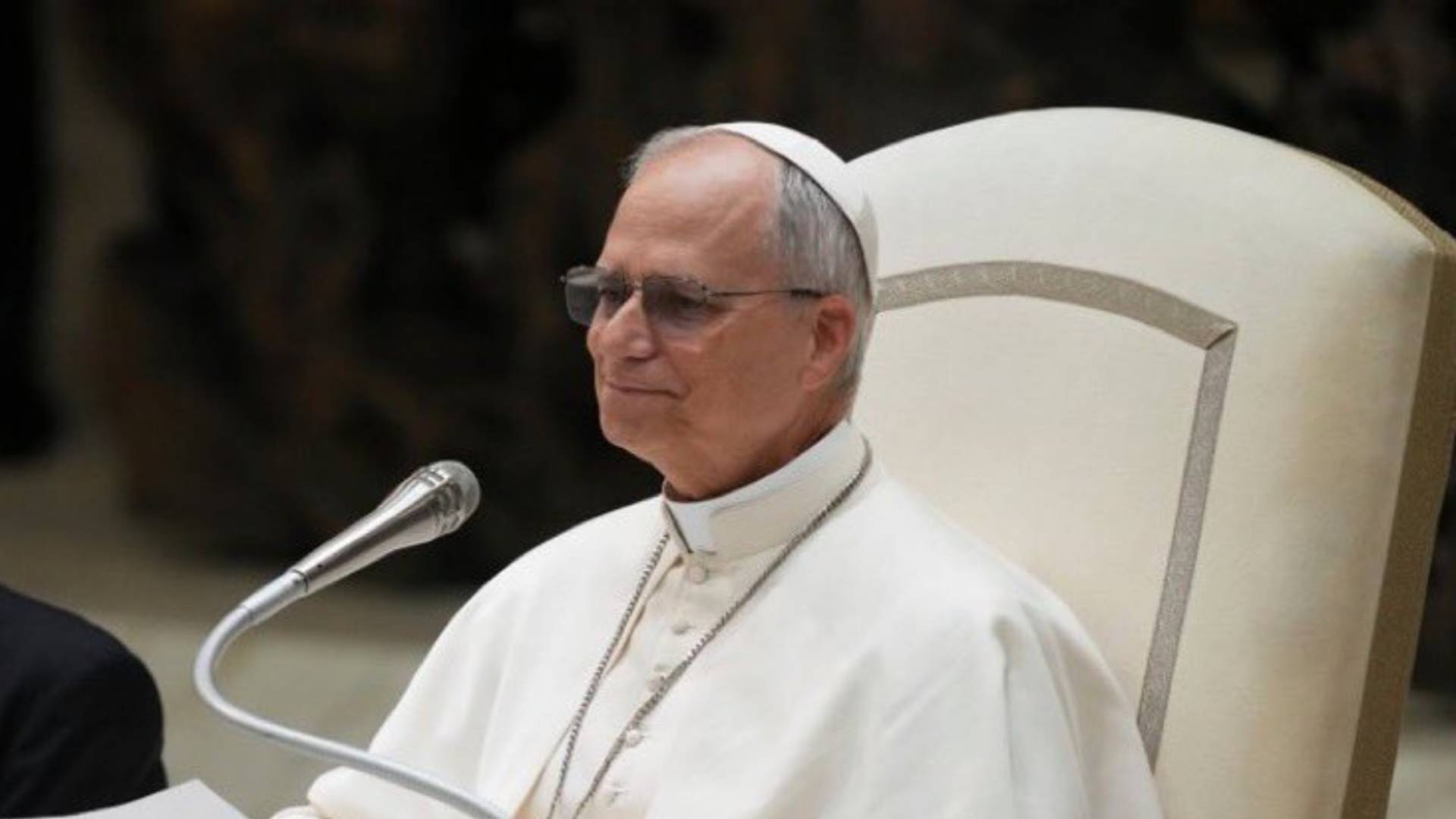
The world’s attention has been on Rome for the past few days.
The Catholics have made history with the election of Robert Francis Prevost, a 69-year-old American cardinal of Spanish descent. He has taken over as the 267th occupant of the throne of St. Peter. This momentous event, the first time an American has ascended to the papacy in the 2000-year history of the Catholic Church, is a significant milestone.
The Pope is the leader of the Roman Catholic Church. He guides about 1.4 billion Catholics worldwide and is the head of Vatican City. Due to his position, the Pope is regarded as one of the world’s most powerful people. He has extensive diplomatic, cultural, and spiritual influence. He is considered the successor of St. Peter, the first apostle. He is believed to have the highest teaching authority in faith and morals.
Though born in Chicago, Pope Leo XIV spent over two decades working in Peru. He became a dual US and Peruvian citizen in 2015.
What do the global Catholics want from a new pope?
Divided house
Pope Leo will lead a divided Catholic Church of 1.4 billion members, almost the size of India or China. The Church may be losing strength in Europe but is growing rapidly in Latin America, Asia, and Africa. About 40% of all Catholics worldwide are in Latin America, roughly a quarter in Europe, and 16% to 18% in Sub-Saharan Africa.
While his predecessor, Pope Francis, accomplished many things during his 12-year papacy, he left an unfinished agenda and many challenges for the new Pope to address. These, such as divorce and remarriage, LGBTQ Catholics, the role of women, and climate change, are significant and will require careful consideration and action.
The new Pope will exercise supreme power in faith, morals, church discipline, and government. He is expected to continue the reforms started by his predecessor, focus on poverty and marginalized people, and build a “bridge” between different groups within the Church.
Many watched with interest when Pope Leo appeared on the Vatican balcony. In his first speech, Pontiff spoke to the crowd in Spanish, mentioning “his beloved Diocese of Chiclayo in Peru.” This shows that his identity as both an American and a Peruvian will influence his papacy. Many Peruvians remember him as a priest who stood with the country’s poorest people. Within the Vatican, he was informally known as the “Latin American Yankee,” a nickname that captures his dual identity and capacity to bridge a hemisphere. The crowd cheered when he said, “Peace be with you.”
Issue of sexual abuse
What reforms will Pope Leo XIV focus on during his papacy? How will he address the issue of sexual abuse in the Church? How will he balance traditional beliefs with modern concerns? As time goes on, these will be clear.
The new Pope has to take several key steps. The new Pontiff has given hints about his priorities as head of the Catholic Church — peace, climate change, and technology. But abuse scandals and the role of women will remain important. Like his predecessor, Pope Leo wants to support the poor and marginalized. He would like to continue to open the Vatican and listen to voices outside the church hierarchy.
Pope Leo XIV’s vision is global and inclusive, following the path set by Pope Francis. He must find ways to balance the Church’s rich traditions with important modern issues like climate change and technology.
Pope Leo has taken charge of the Catholic Church during a challenging time. The Vatican faces serious financial issues, including a budget deficit of over £73 million and a pension fund deficit exceeding £2 billion. The late Pope Francis started important reforms at the Vatican Bank, known as the IOR, to fix long-standing financial problems, but this work is still unfinished. Pope Leo needs to continue these reforms and address the economic issues to maintain the Church’s stability and integrity.
Same-sex couples
A sensitive topic is same-sex couples. In 2023, Pope Francis said Roman Catholic priests can bless same-sex couples. Also, that year, he allowed transgender people to be baptized and to act as godparents. People around the world will closely watch how he addresses these issues.
Pope Leo has recognized that artificial intelligence significantly challenges human dignity, justice, and labour. He has stated that the Church will address these issues. Vatican observers see this commitment as a positive sign of his leadership. It gives people confidence in his ability to guide the Church through modern problems.
Additional challenges include balancing tradition with modernity, maintaining unity while implementing reforms, and navigating an increasingly volatile global environment. These are the hurdles that Pope Leo must overcome.
Pope Leo XIV’s leadership can change the Church, bringing hope for the future. His background, challenges, and goals suggest that he could lead to significant changes and progress for the Catholic Church.




